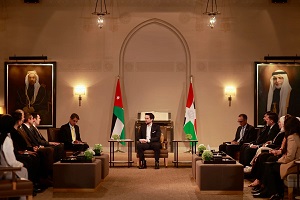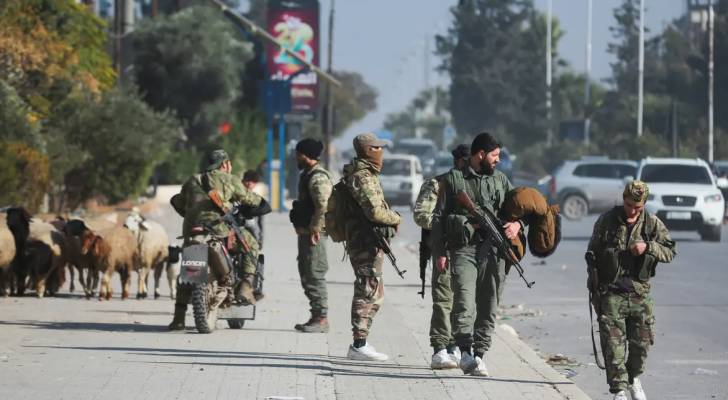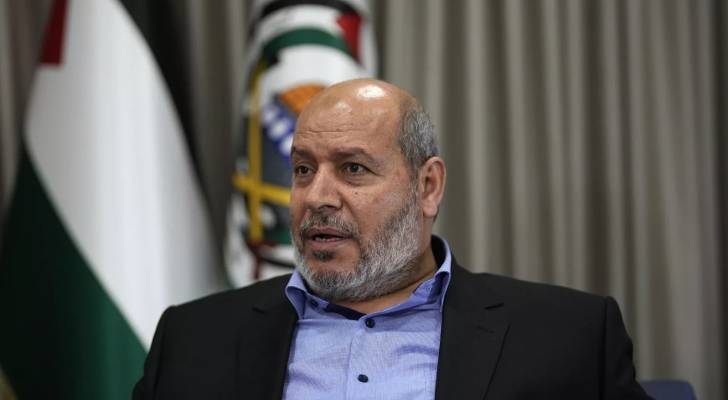Prime minister attends appreciation ceremony on World Teachers’ Day
The Jordan Times
AMMAN — Prime Minister Jafar Hassan on Sunday attended the Ministry of Education’s annual Teacher Appreciation Ceremony, held in celebration of World Teachers’ Day.
During the event, the prime minister honoured several male and female teachers, as well as school principals, in recognition of their outstanding efforts and significant contributions to education, according to a Prime Ministry statement.
In his remarks, Minister of Education Azmi Mahafzah said, “Today we stand in gratitude and appreciation for all the teachers who have devoted themselves to building human potential, instilling values, and shaping noble ideals in this beloved nation.” He reiterated the ministry’s commitment to supporting teachers’ mission and advancing education in line with the vision of the first teacher, His Majesty King Abdullah.
Mahafzah highlighted government initiatives launched under the direct guidance of the prime minister to support teachers, including the allocation of land plots at half price across various regions, provision of emergency loans to eligible applicants, and the doubling of the Royal Grant quota for teachers’ children in higher education from 5 per cent to 10 per cent starting this academic year.
Additionally, 5 per cent of scholarships and loans provided by the Student Support Fund will now be reserved for teachers’ children at universities, and the number of Hajj missions allocated to the Ministry of Education has been doubled from 60 to 120, Mahafzah added.
He also noted plans to maintain and enhance teachers’ clubs and to establish new ones in governorates where they do not yet exist. Teacher training, both pre-service and in-service, has been prioritised alongside curriculum development and the expansion of school infrastructure, including additional classrooms. These measures aim to achieve a qualitative transformation in Jordan’s education sector, reflecting a vision for comprehensive and sustainable educational reform.
Mahafzah added that early childhood programmes have been expanded, recognising early education as the foundation of effective learning, while notable progress has been made in inclusive education.
On assessment, he said the General Secondary Education Examination (Tawjihi) has undergone comprehensive reform to promote skills-based evaluation and encourage deeper, more practical learning.
To meet labour market needs, vocational and technical education programs have been expanded to bridge skills gaps, create opportunities for students, and equip them for a more competitive and innovative future.
Latest News
-
 Syrian defense minister announces "comprehensive ceasefire" with Kurds
Syrian defense minister announces "comprehensive ceasefire" with Kurds
-
 King holds phone call with US president
King holds phone call with US president
-
 Crown Prince meets winners of Al Hussein Award for voluntary service
Crown Prince meets winners of Al Hussein Award for voluntary service
-
 Clashes erupt in Aleppo between Syrian army and SDF, dozens displaced
Clashes erupt in Aleppo between Syrian army and SDF, dozens displaced
-
 First round of Gaza talks concludes in ‘positive atmosphere': Egyptian media reports
First round of Gaza talks concludes in ‘positive atmosphere': Egyptian media reports